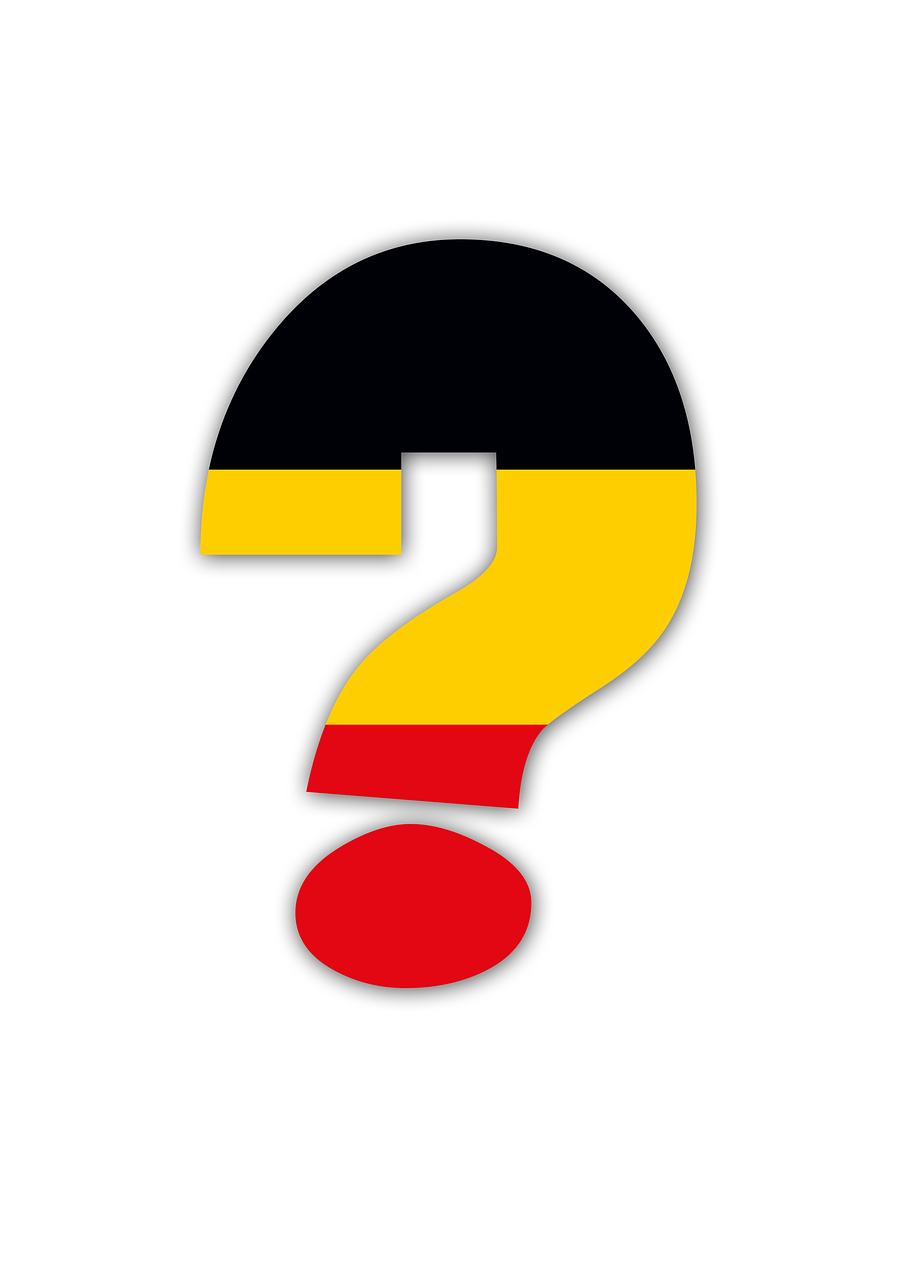Letzte Themen
What is value added tax with example?
2021-12-12
Was heißt poetry?
2021-12-12
Warum braucht man die Bewegungswahrnehmung?
2021-12-12
Ist der Nussknacker ein Märchen?
2021-12-12
Wem gehört diese A1 Nummer?
2021-12-12
Was ist eine Bestelladresse?
2021-12-12
Beliebte Themen
Warum andere Oma Eberhofer?
2021-12-12
Wer vom trödeltrupp ist gestorben?
2021-12-12
Wer ist kontra Ks Frau?
2021-12-12
Wie viel ist 1 16 Liter Milch?
2021-05-16
Wie viel kosten Heets in Luxemburg?
2021-09-19
Wie alt ist Kay Julius Döring heute?
2021-12-12
Was bedeutet ein Besen vor der Tür?
2021-05-16
Inhaltsverzeichnis:
- What is a modal auxiliary with examples?
- What are the 24 modal auxiliary verbs?
- What are the 13 modals?
- What is modal auxiliary and state its function?
- What are the 23 auxiliary verbs?
- What are the 10 examples of modals?
- What is the function of modal auxiliary need?
- What is the function of modal auxiliary must?
- What are the 9 modal auxiliary verbs?
- How do I find my modal auxiliary?
- Should modal examples?
- What is the modal and example of no obligation?
- What is the function of modal should?
What is a modal auxiliary with examples?
The definition of a modal auxiliary is a verb that is used with another verb to express a mood or tense. Examples of a modal auxiliary include can, may, must, ought, shall, should, will and would. An example of a modal auxiliary is the word "must" in the sentence "she must attend the party." verb.What are the 24 modal auxiliary verbs?
Modal Verbs, Can, May, Shall, Need, Ought to, Have to, Would, Should, Used to, Definition and Examples - Lessons For English.What are the 13 modals?
The principal English modal verbs are can, could, may, might, shall, should, will, would, and must. Certain other verbs are sometimes, but not always, classed as modals; these include ought, had better, and (in certain uses) dare and need.What is modal auxiliary and state its function?
A modal auxiliary verb, often simply called a modal verb or even just a modal, is used to change the meaning of other verbs (commonly known as main verbs) by expressing modality—that is, asserting (or denying) possibility, likelihood, ability, permission, obligation, or future intention.What are the 23 auxiliary verbs?
What are the 10 examples of modals?
10 examples of modals, Definition and Example Sentences- CAN. Ability, doubt, astonishment, permission, Polite request. ...
- MAY. Permission, if not prohibition, supposition with doubt. ...
- MUST. Obligation, firm necessity, logical conclusion, probability. ...
- SHALL. intention, supposition. ...
- WILL. ...
- OUGHT TO. ...
- NEED. ...
- BE TO.
What is the function of modal auxiliary need?
A modal auxiliary verb, often simply called a modal verb or even just a modal, is used to change the meaning of other verbs (commonly known as main verbs) by expressing modality—that is, asserting (or denying) possibility, likelihood, ability, permission, obligation, or future intention.What is the function of modal auxiliary must?
What are the 9 modal auxiliary verbs?
There are nine modal auxiliary verbs: shall, should, can, could, will, would, may, must, might.How do I find my modal auxiliary?
Modal verbs are auxiliary verbs (also called helping verbs) like can, will, could, shall, must, would, might, and should. After a modal verb, the root form of a verb is generally used. The word to should not appear after a modal verb. An exception is the phrase ought to, which is considered a modal verb.Should modal examples?
Should (Modals)- Recommendation: When you go to London, you should go to the theatre. Advice: You should try to focus more on your writing skills. ...
- Present: You should do more exercise. / You shouldn't smoke. ...
- Present: Sarah should be landing now. /
What is the modal and example of no obligation?
To say there is no obligation, use “don't / doesn't have to” or “don't / doesn't need to”. Examples: “You don't have to bring food on the trip.” “She doesn't have to work in the evening.”What is the function of modal should?
The modal verb should is used to politely express obligations or duties; to ask for or issue advice, suggestions, and recommendations; to describe an expectation; to create conditional sentences; and to express surprise.auch lesen
- Wie alt können nebelkrähen werden?
- Was macht Anthony Kiedis heute?
- Was ist mit Yoshihiro Togashi passiert?
- Is Drake Bell Hispanic?
- Wann findet Fotosynthese statt?
- Wie kann man einen Tesla kaufen?
- Wie alt ist Sung Kang?
- Wo befindet sich Ritter Kahlbutz?
- Welche Stau App ist die beste?
- What is the value of a confoederatio Helvetica coin?
Beliebte Themen
- Was ist das beliebteste essen in Korea?
- Is Manga rock down?
- How rare is the Norwegian Lundehund?
- What happened to Mario Mandzukic?
- Warum stinken Daunenkissen nach dem Waschen?
- Was macht schreinemakers heute?
- Wie vererbt sich die Blutgruppe?
- Was trainiert Einarmiges rudern?
- Was ist Karakul Lammfell?
- Wie viele Ostseeinseln hat Deutschland?

